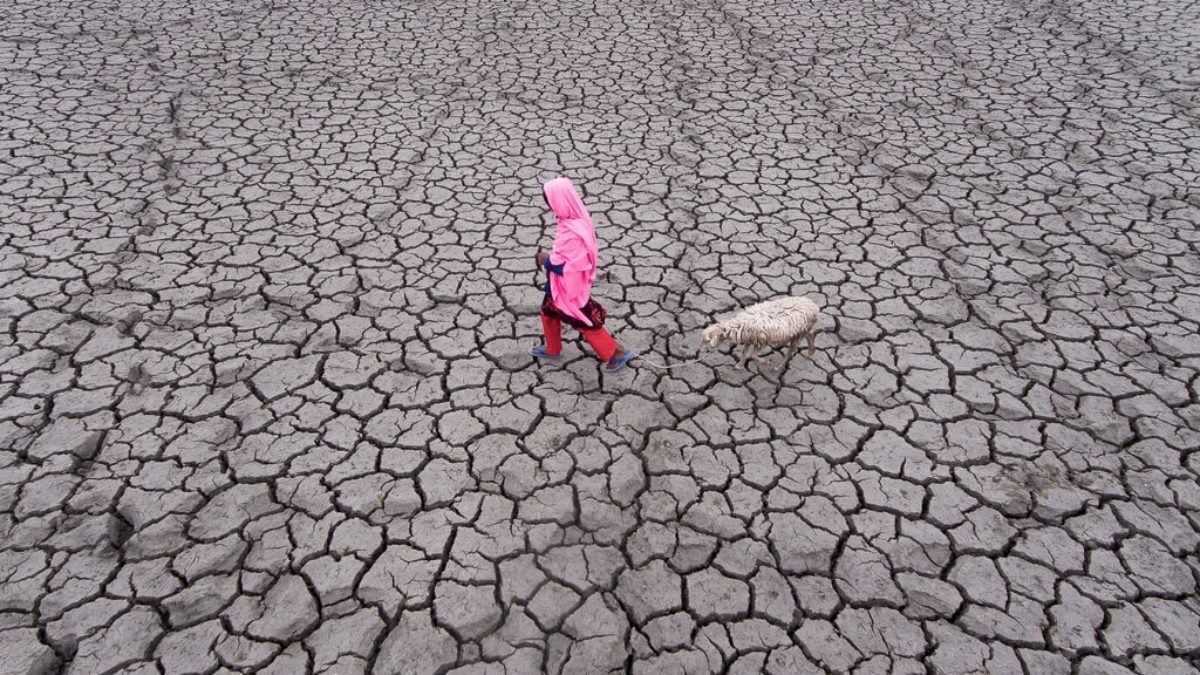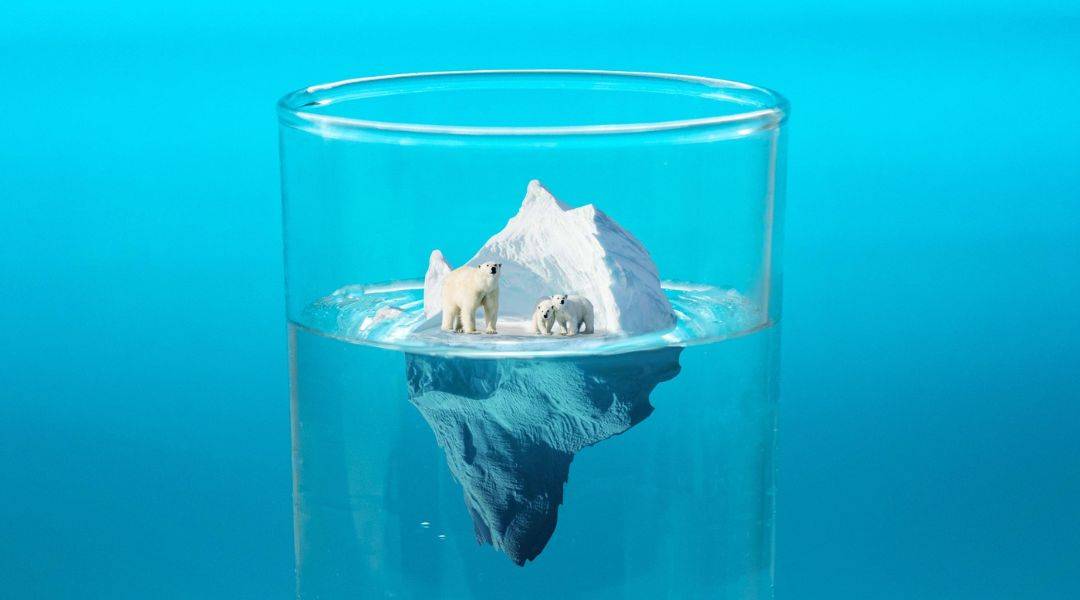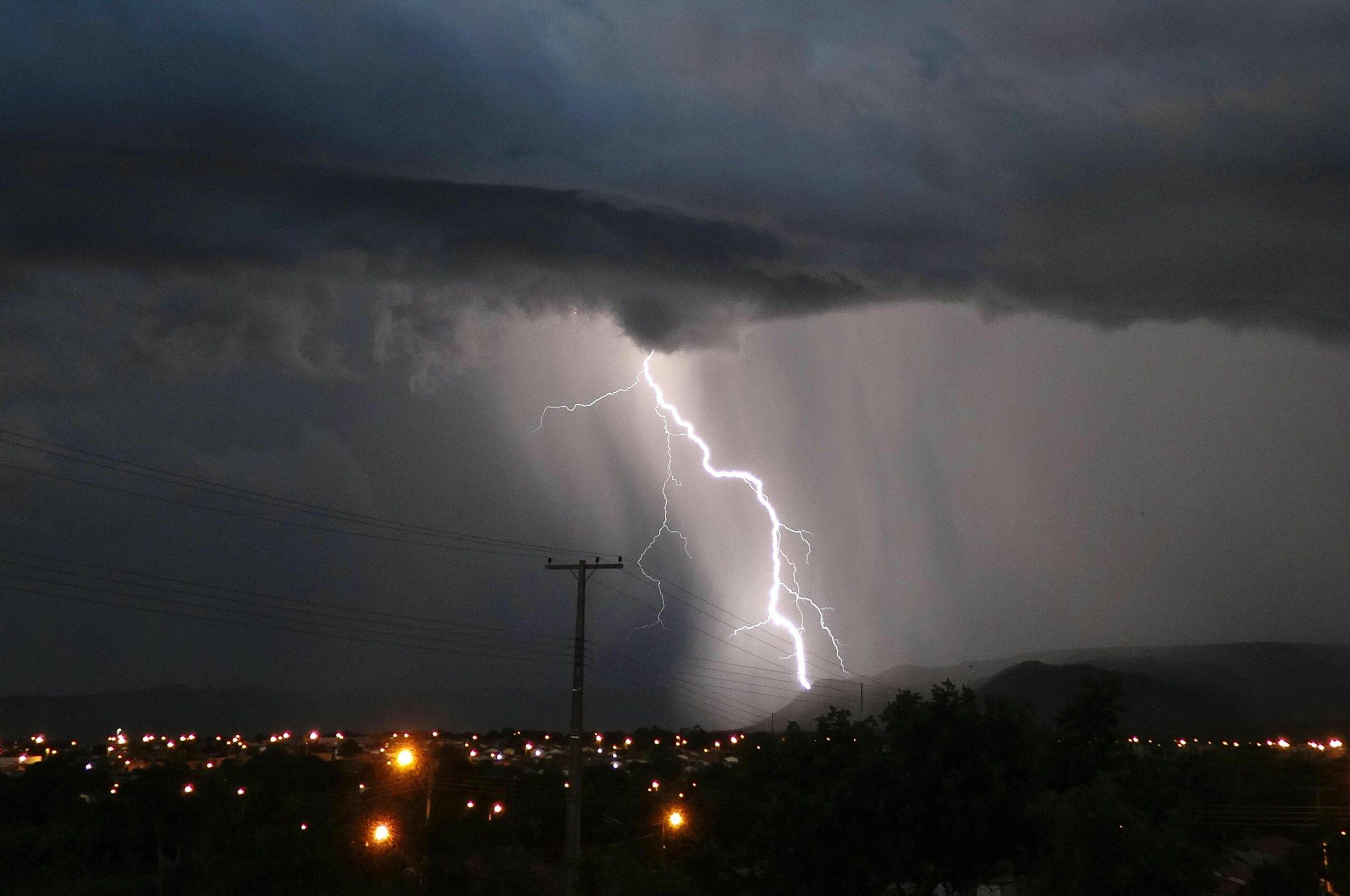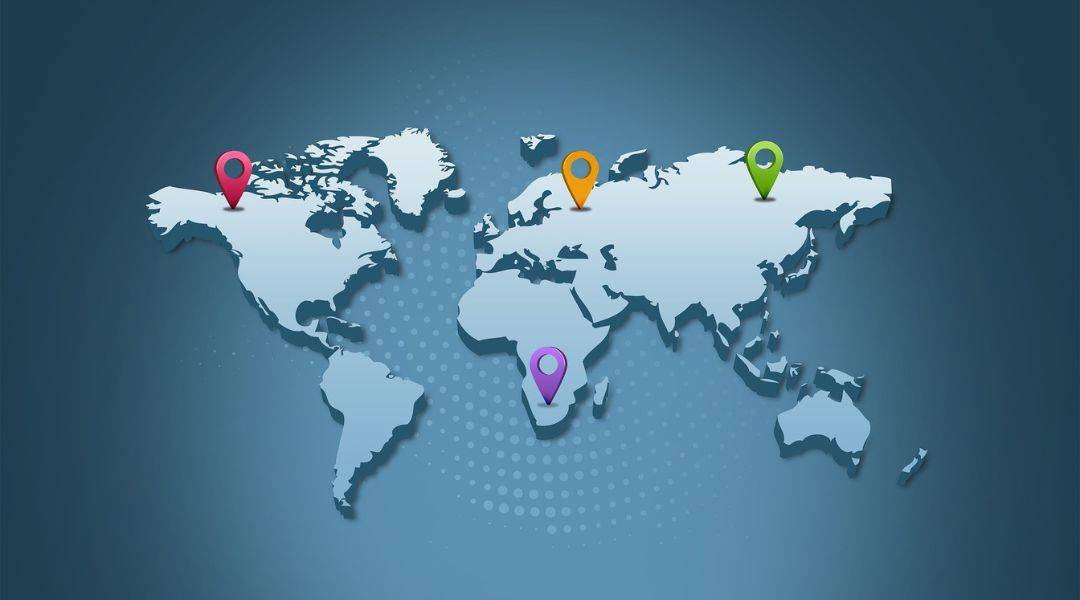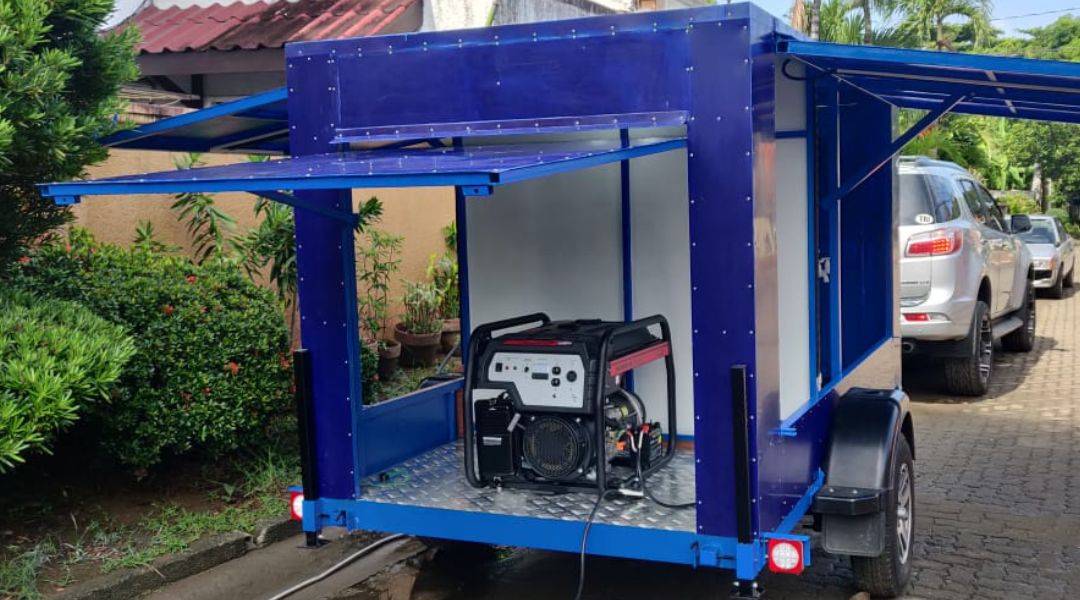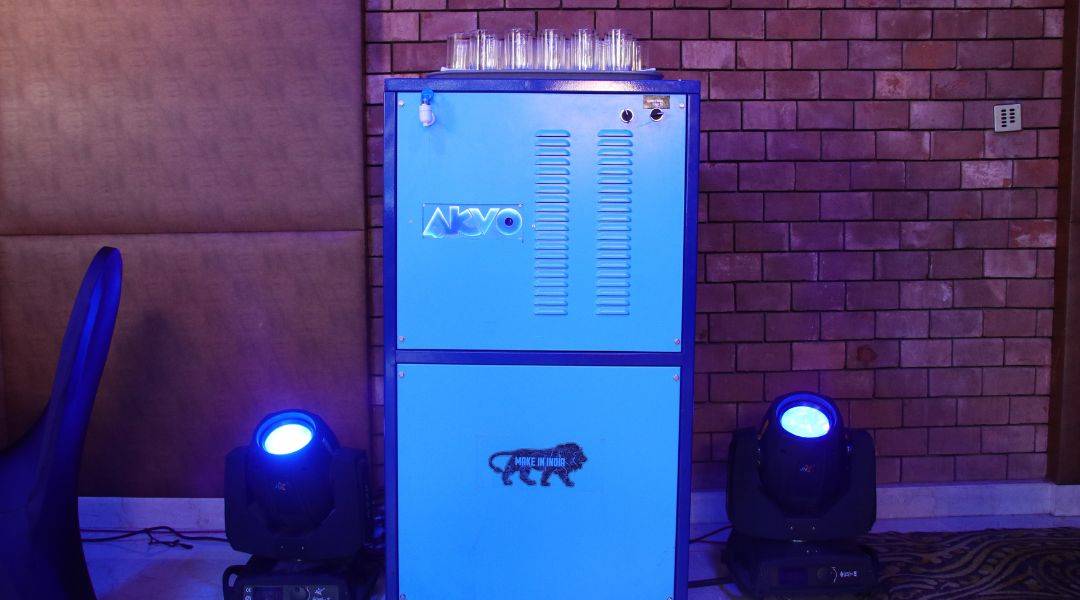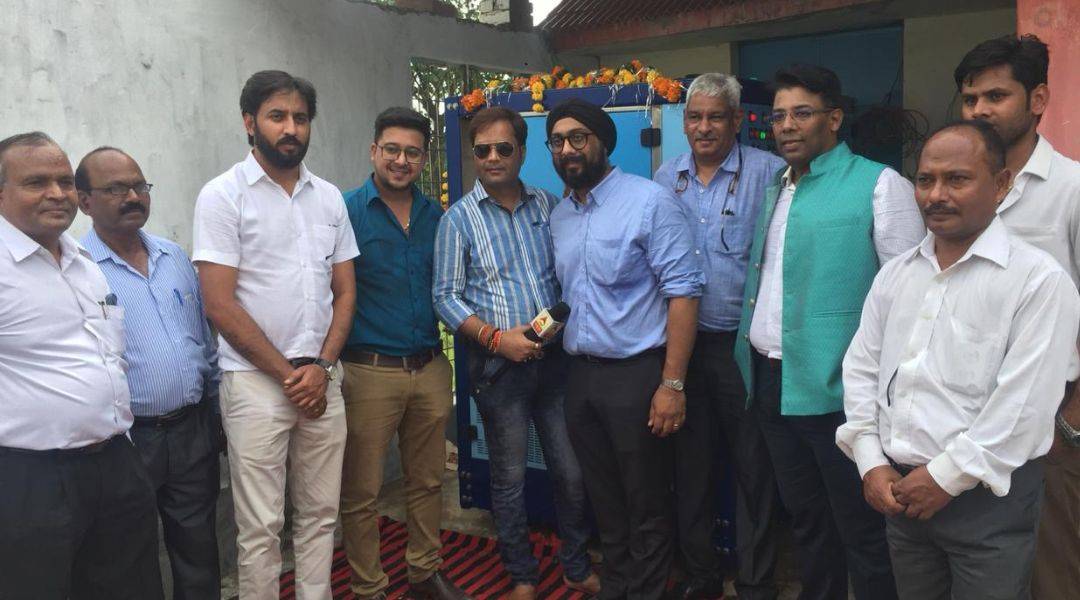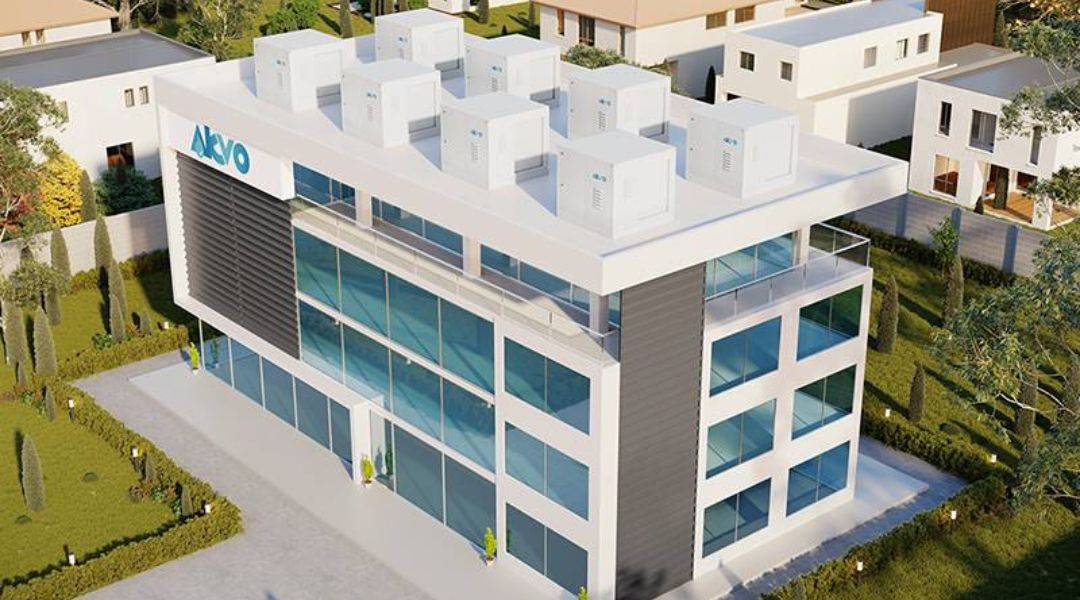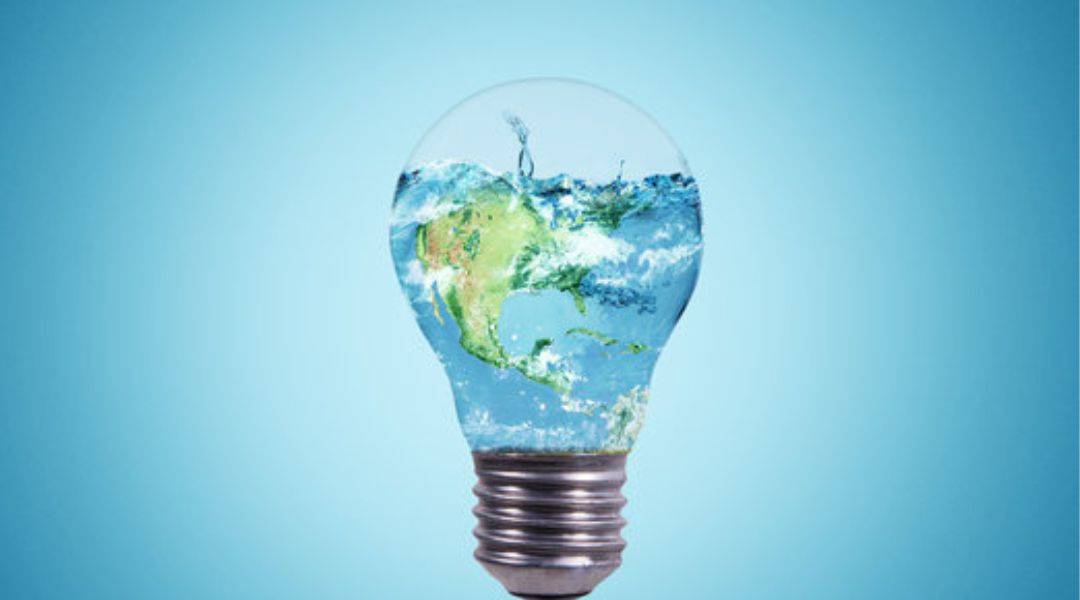Akvo, an Indian company, has developed innovative Atmospheric Water Generators (AWGs) that extract potable water from the humidity in the air. These machines simulate natural condensation to generate clean drinking water, providing an eco-friendly and sustainable alternative to groundwater extraction and desalination.
The AWG process involves pulling air through a three-layer filtration system to remove dust, cooling the air to condense moisture, and storing the collected water in a tank. The water undergoes multiple filtration stages before it is ready for consumption.
Ideal for warm, humid environments, the technology works best in coastal regions with temperatures between 21°C to 32°C and humidity over 40%. Akvo’s AWGs also function in moderate humidity, making them adaptable to various climates.
AWGs tap into the abundant resource of atmospheric water vapor, making them a renewable, low-impact solution for communities suffering from water scarcity, pollution, and inadequate infrastructure. The technology offers a sustainable future for water security, particularly as climate change exacerbates global water crises.
For more information, read the original blogpost here.

